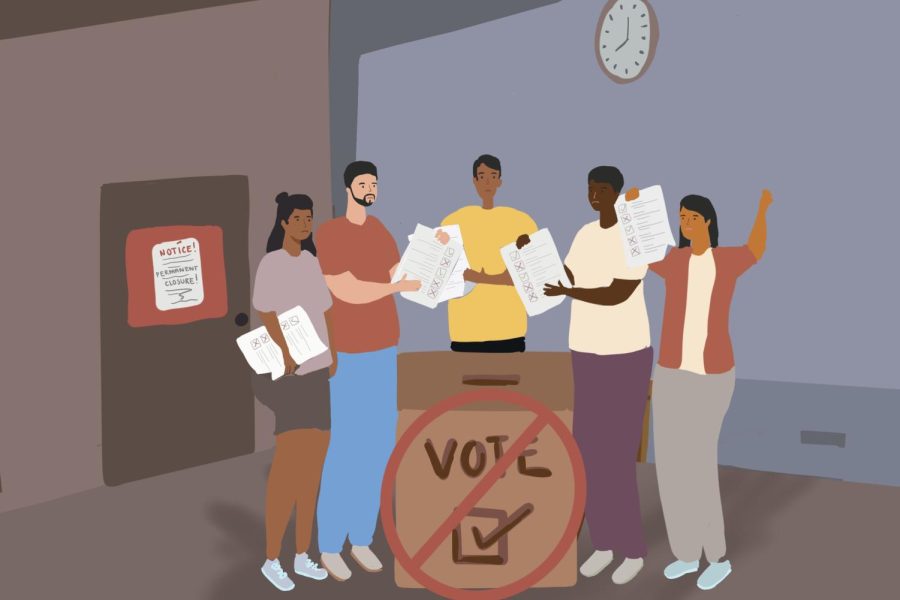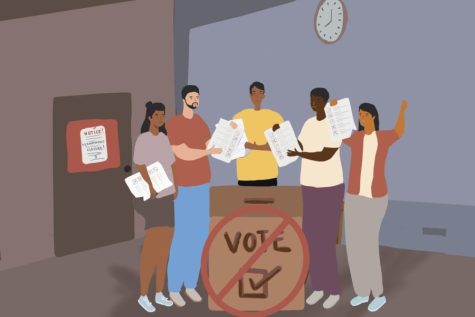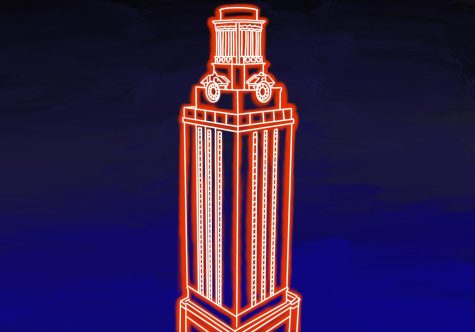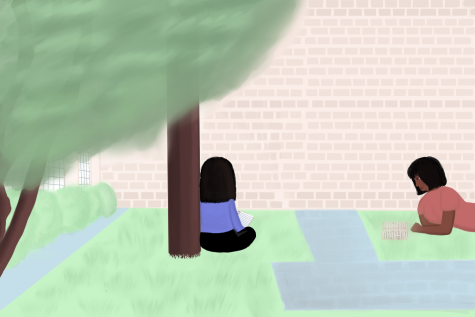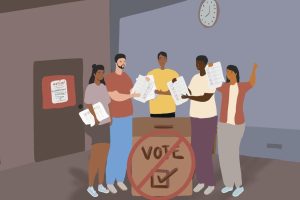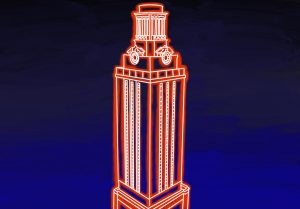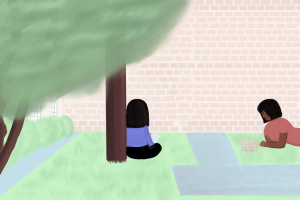We must keep college voter centers
March 22, 2023
Since 2010 state legislators started passing laws making it more difficult to vote, Texas remains one of the states at the forefront of this movement. In 2012, Texas curbed voter registration drives and in 2016 the state began requiring a photo ID to vote or a nonphoto ID and a signed reasonable impediment declaration.
In February, Rep. Carrie Isaac filed HB 2390, which would eliminate the two polling locations on the UT campus along with others at higher education institutions. It has met significant pushback.
This bill would further decrease the already low Texas voter turnout, limiting Gen Z representation.
U.S. youth turnout has remained low, with the recent 2020 presidential election being the exception to this general rule. In the 2016 presidential election fewer than half of Americans 18 to 29 voted. In Texas, 27.3% of voters aged 18 to 24 voted in the 2016 election.
One of the reasons the youth vote is so low is because voting is largely driven by habit formation: when you vote in one election you are more likely to vote in the next. However, many young adults are just gaining the right to vote and have not been to the polls before.
Another significant reason for low youth turnout is the opportunity cost. College students have strict schedules, making it more difficult to get off campus to vote. While the two week voting period may seem like a long time, it restricts the time students can make their voice heard.
Youth voter turnout correlates with polling booths on campuses, but HB 2390’s goal is to eliminate voting centers on campus to increase the safety of college campuses.
“I believe we can do anything and everything possible to make our campuses as safe as possible,” Isaac said. “ I don’t believe it’s wise that we invite people that would not otherwise have business on our campus, onto our school campuses for two weeks all day every day.”
Isaac did not consult any statistics when forming this proposal. Instead, the representative speaks from the experiences of her constituents.
“I have experienced heightened emotions around polling locations during campaigns, (and) the threats to poll workers has increased. … I’ve worked there and seen some fights that have broken out around polling locations,” Isaac said. “I don’t think that’s healthy to bring those around students.”
UT’s open campus means anyone can come to campus, and without statistics to back up these experiences, it seems that Isaac’s fears may be unfounded. With UTPD on campus, students have access to officers if something arises during the voting period.
It’s important for us to have campus polling booths because it makes voting easier for students. Seeing other people vote in our community encourages others to go vote, making it less intimidating.
With the Perry-Castañeda Library polling location moved to the LBJ School of Public Affairs, we are discouraging students to vote because they have to go out of their way.
“I think it makes it harder for students to vote. … I think that it’s very inaccessible for most people,” said Alyssa Fisher, a government and women’s and gender studies junior.
In general, making students go out of their way to vote makes it more difficult for us to complete our civic duty.
“It’s a clear form of voter suppression, especially for college students like me, who may not have a car or access to transportation, or even the time to go on a bus and go off campus,” Fisher said.
But Isaac said she believes that this bill will not decrease youth turnout.
“I have the utmost confidence in young adults in Texas to be able to vote, no matter where the polling location is,” Isaac said. “And I believe they are also capable of leaving campus to go vote.”
However, voting takes time. Without college voting booths, those who turn out will be most passionate about politics. While some turnout is better than none, our country has all types of moderate citizens who also deserve to have their voice heard.
“A few years ago, we worked to get a second polling location at UT because already there were too many students needing to vote … and people were waiting two to three hours to vote,” Rep. Gina Hinojosa said. “There’s no question that when you require people to wait hours to vote, there are going to be people who just simply don’t vote.”
Hinjosa said students should contact their state representatives to prevent this bill from passing.
Voting centers on college campuses are integral to representation for the youth vote.
“It’s important that we hear from … all registered voters on election day, because it’s important that the laws that we make in this state and in this country are reflective of the populace and that’s what ensures a strong democratic,” Hinojosa said.
Muthukrishnan is a government and race, indigeneity and migration freshman from Los Gatos, California.

